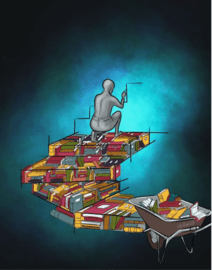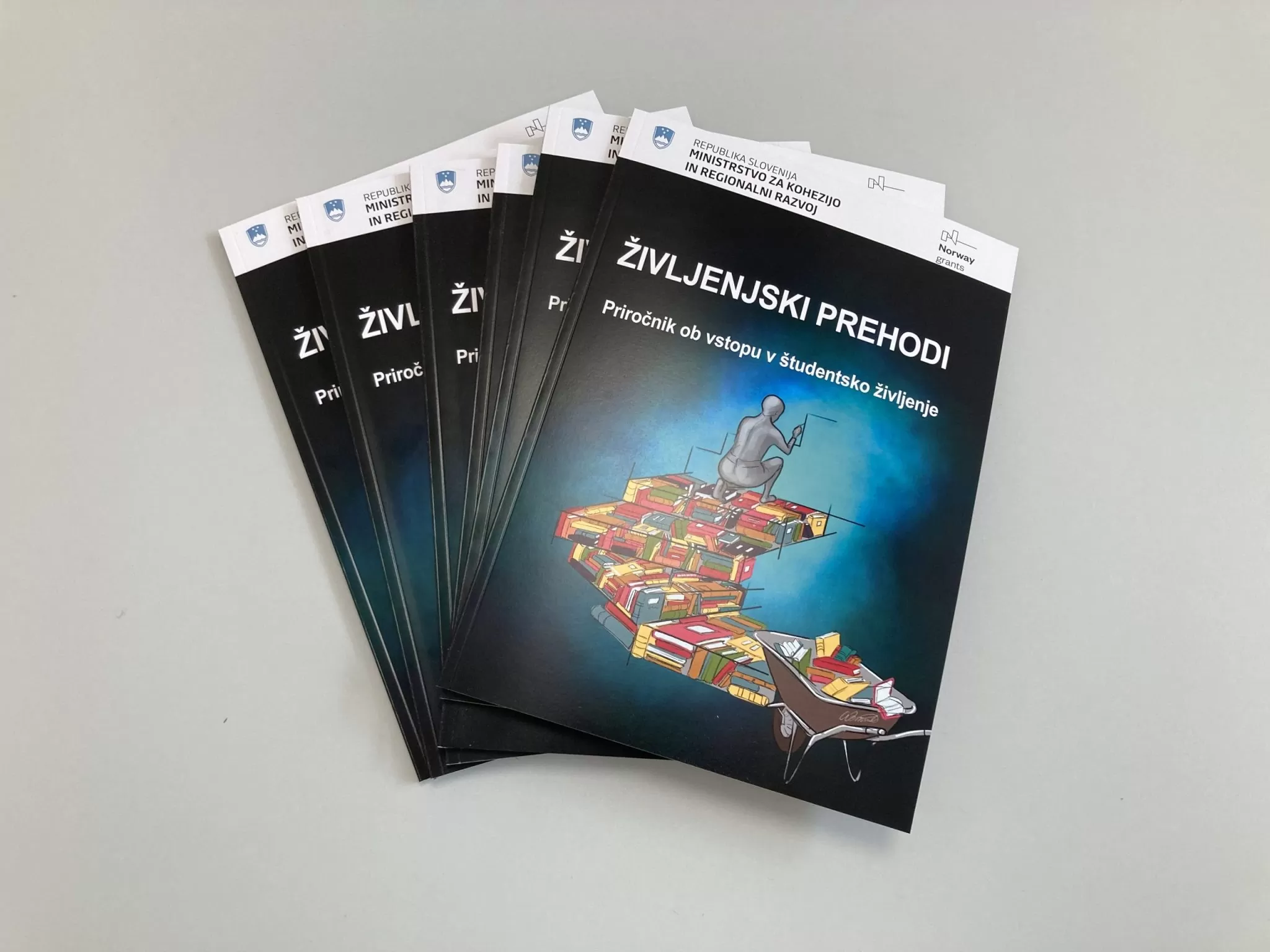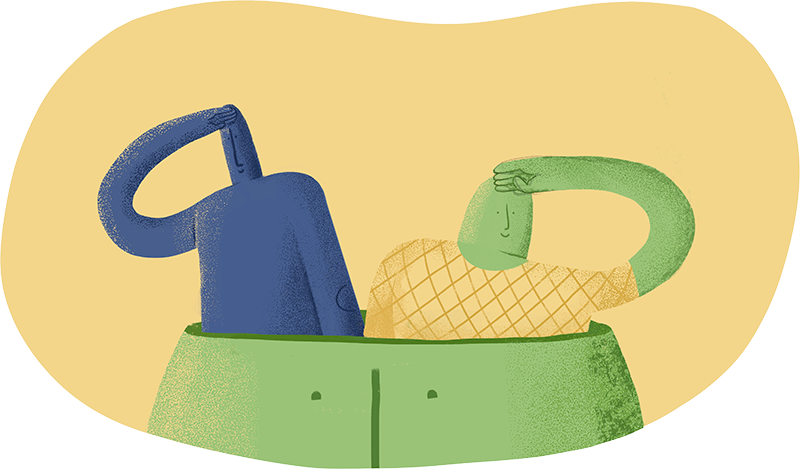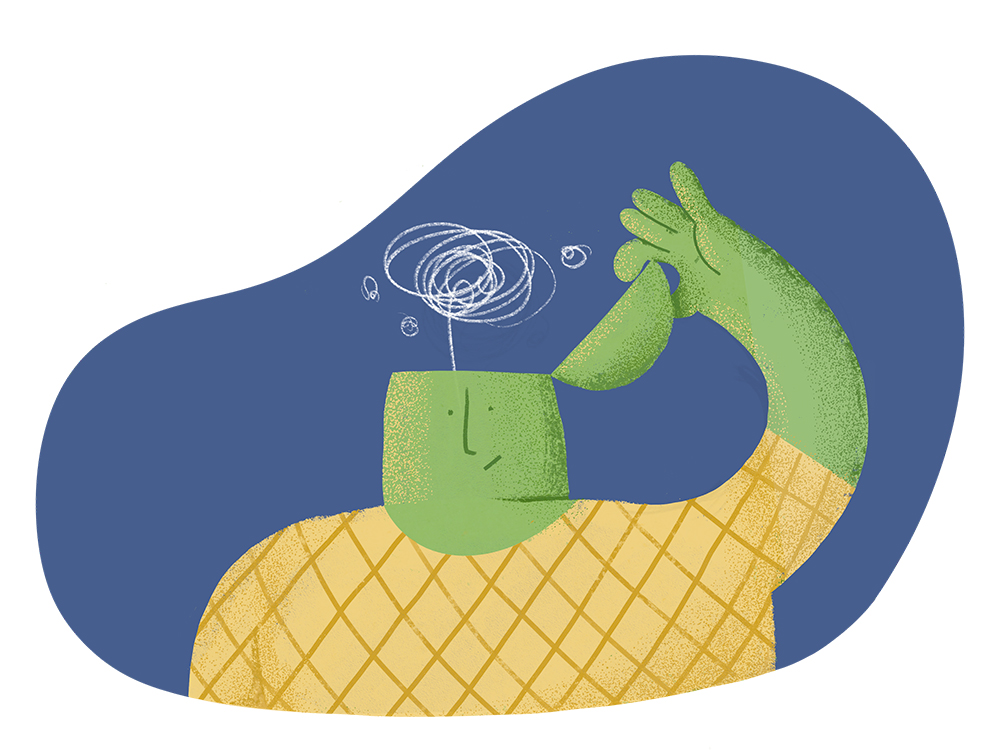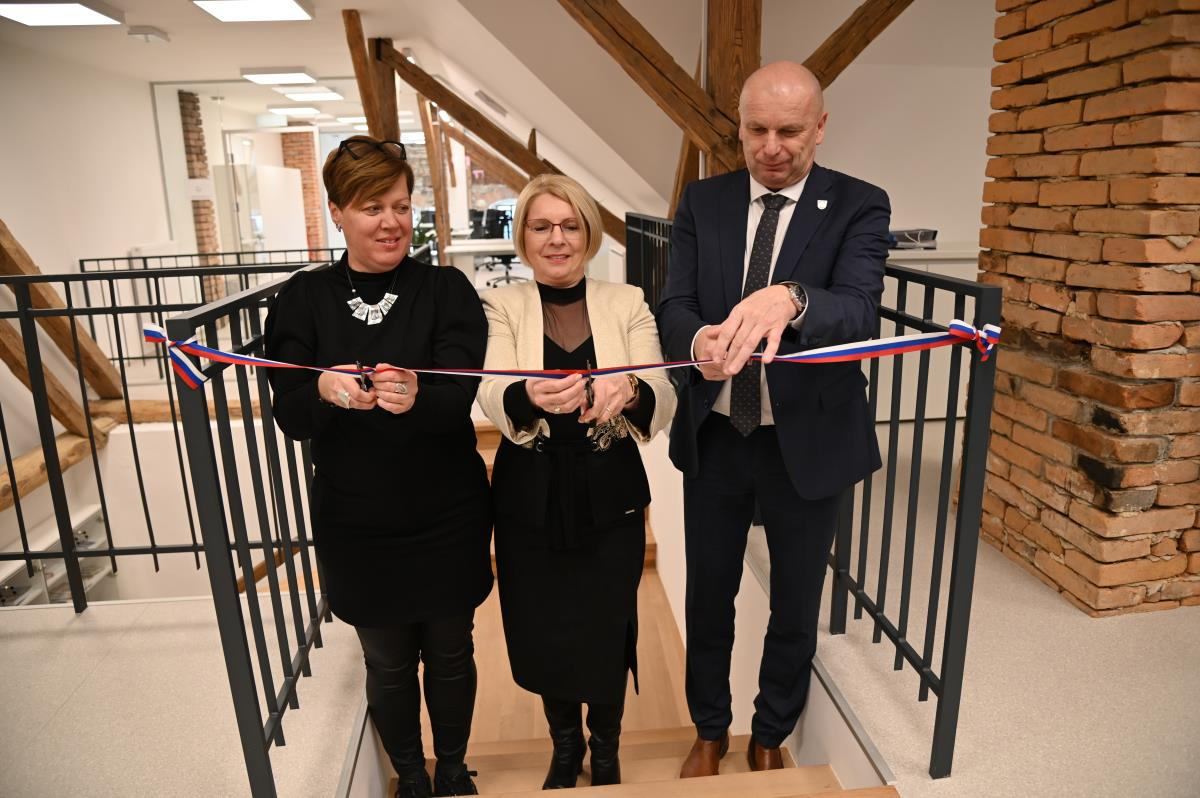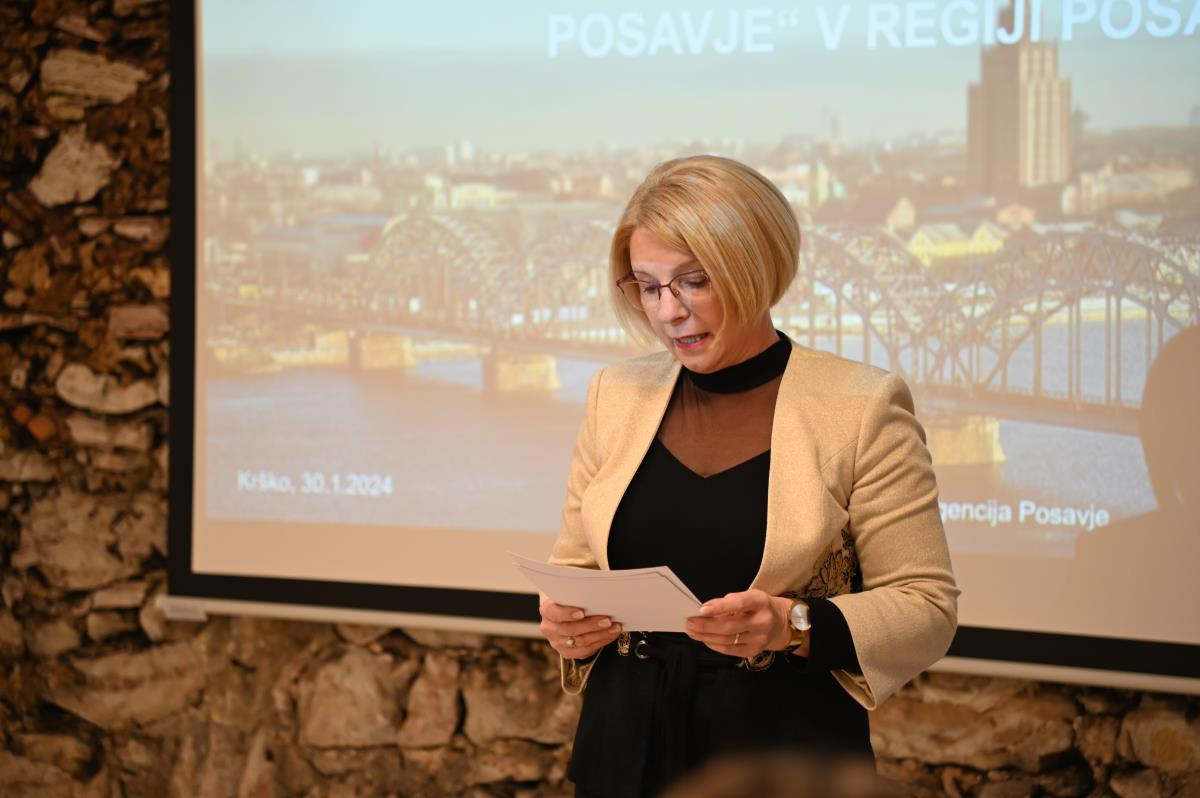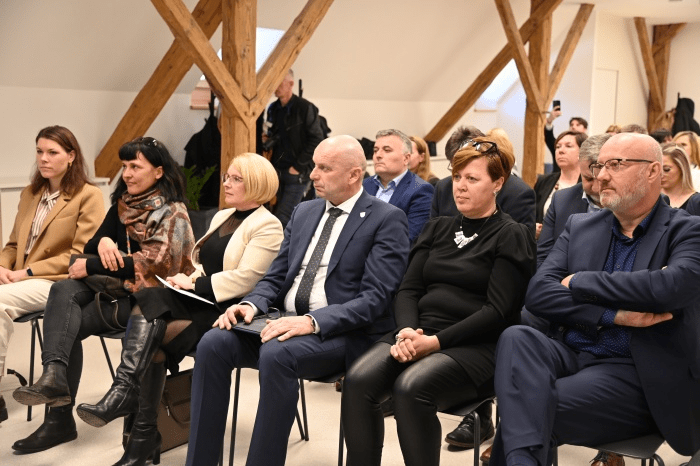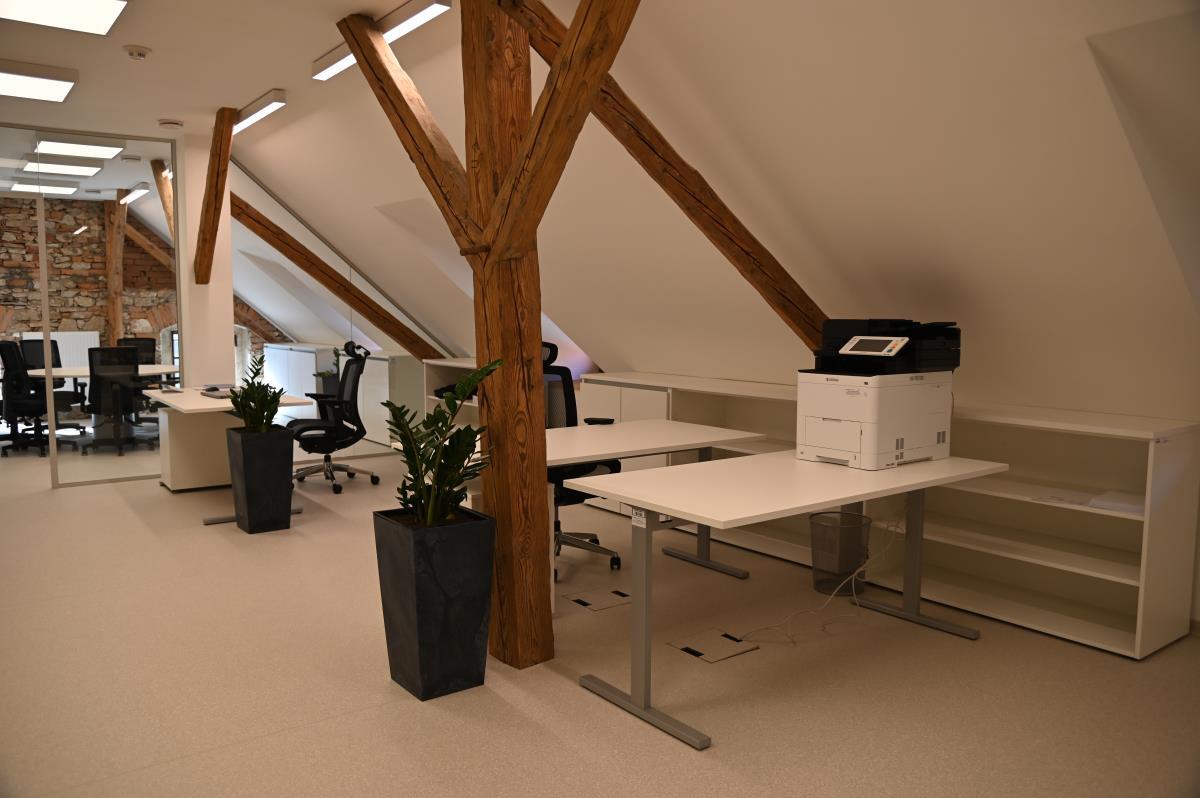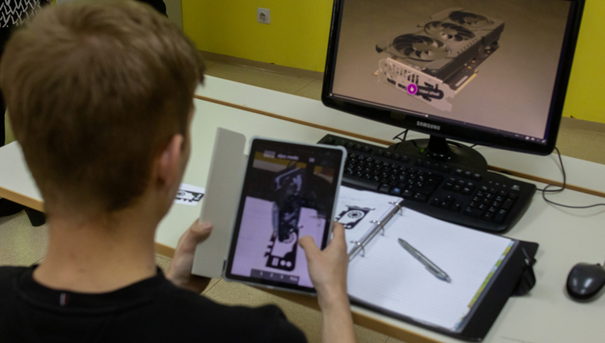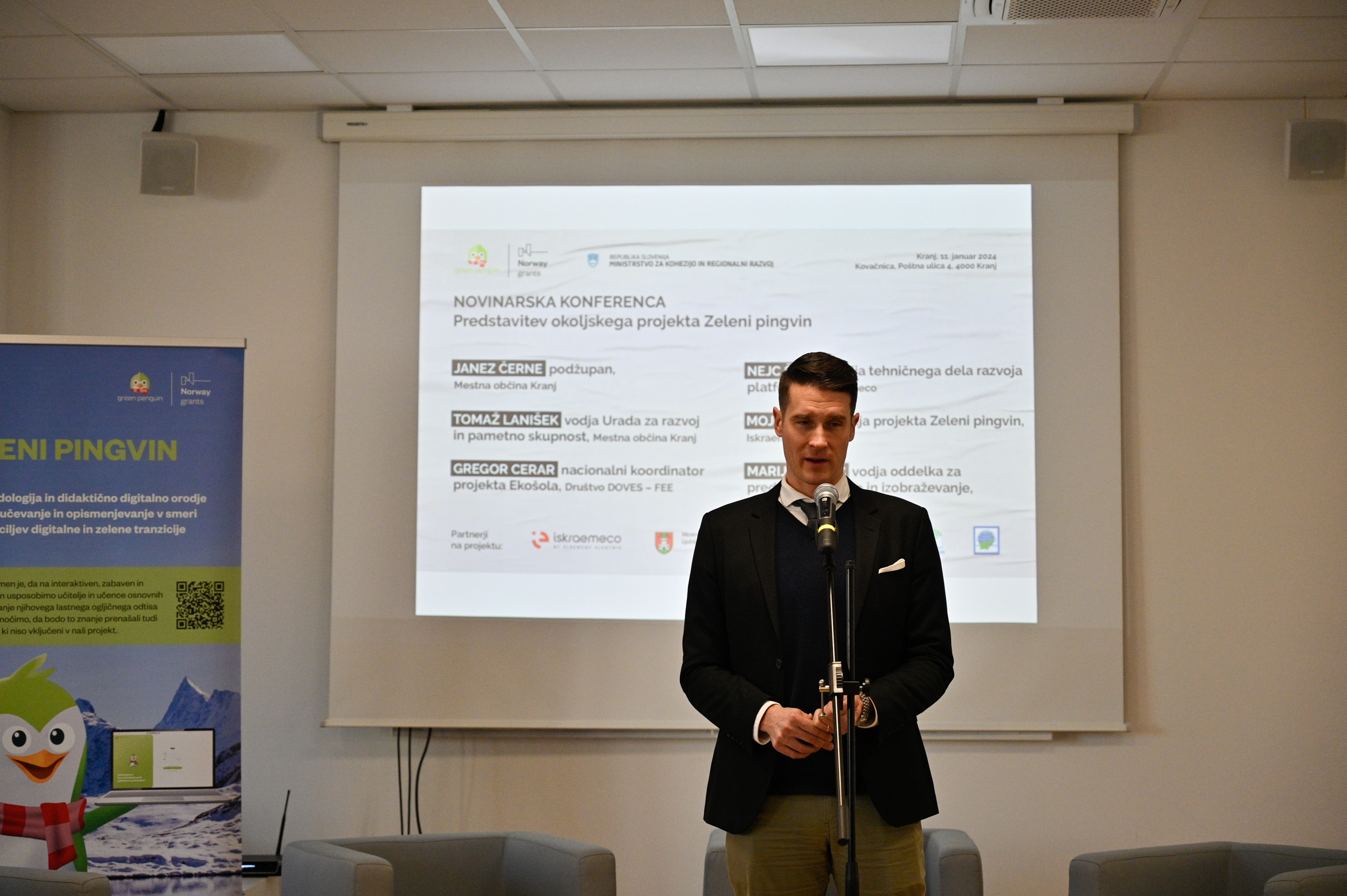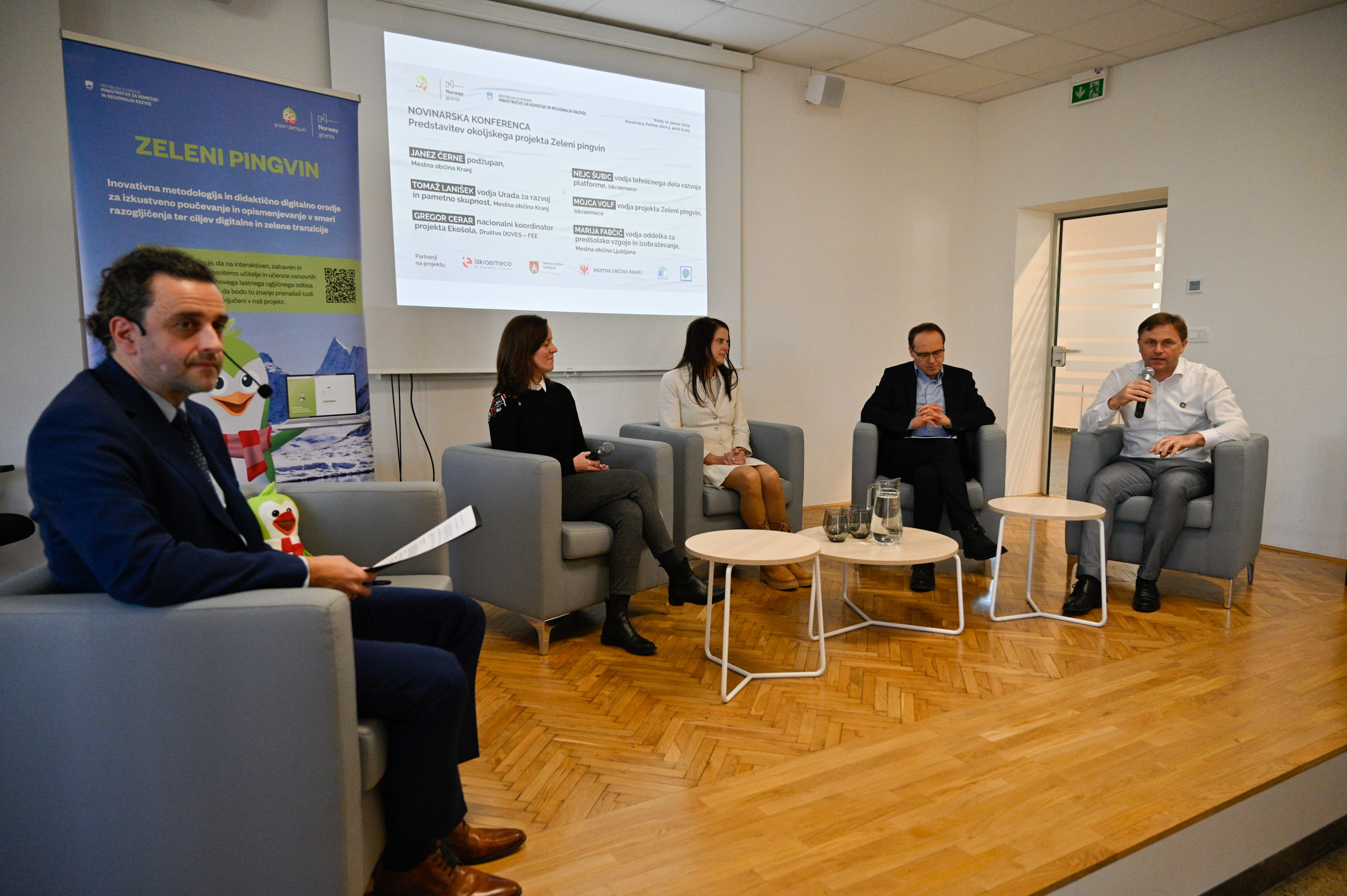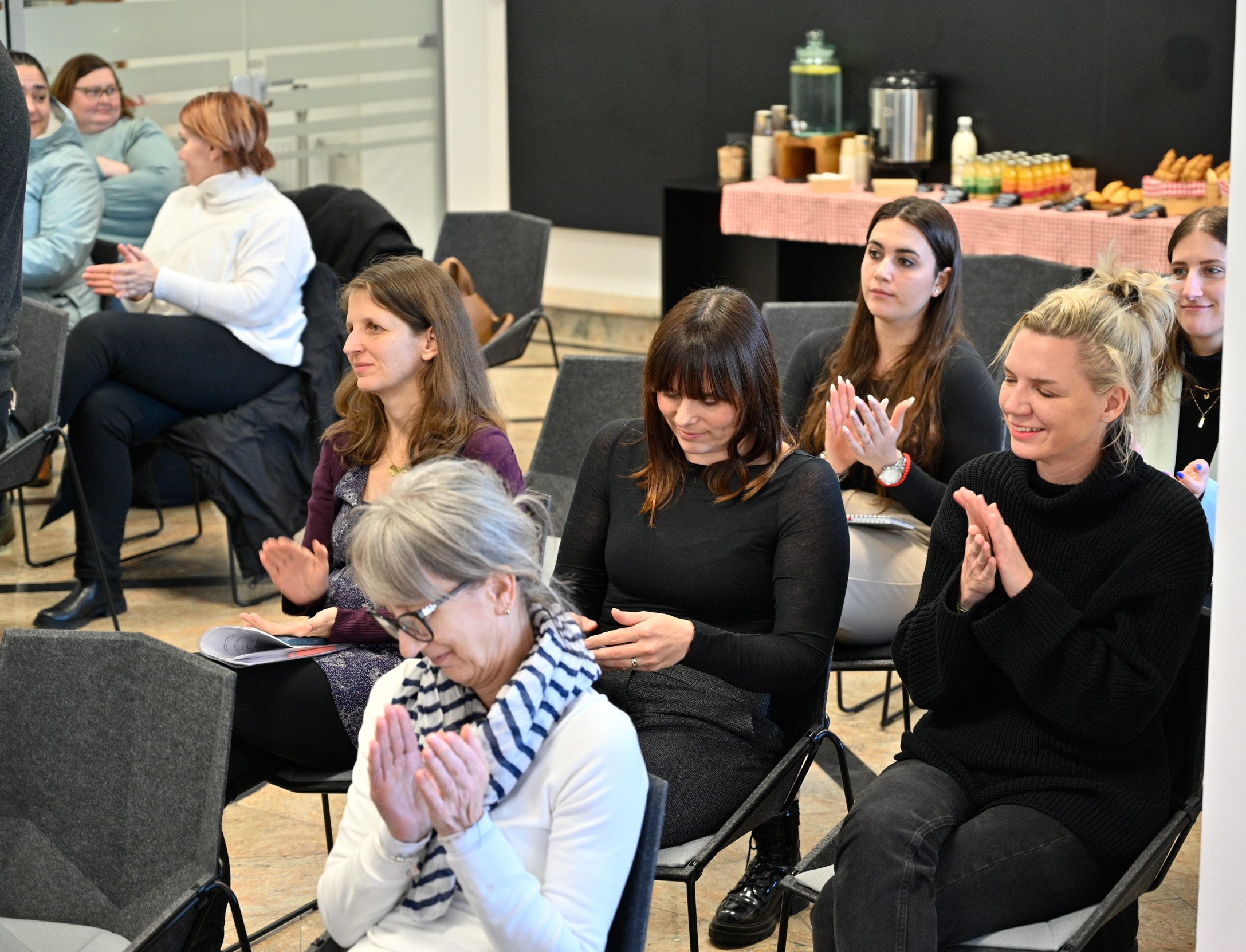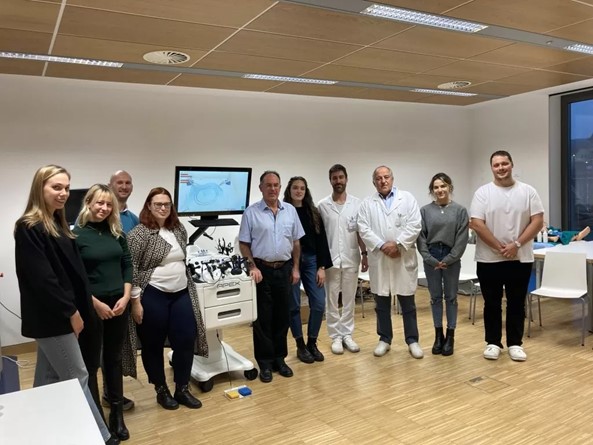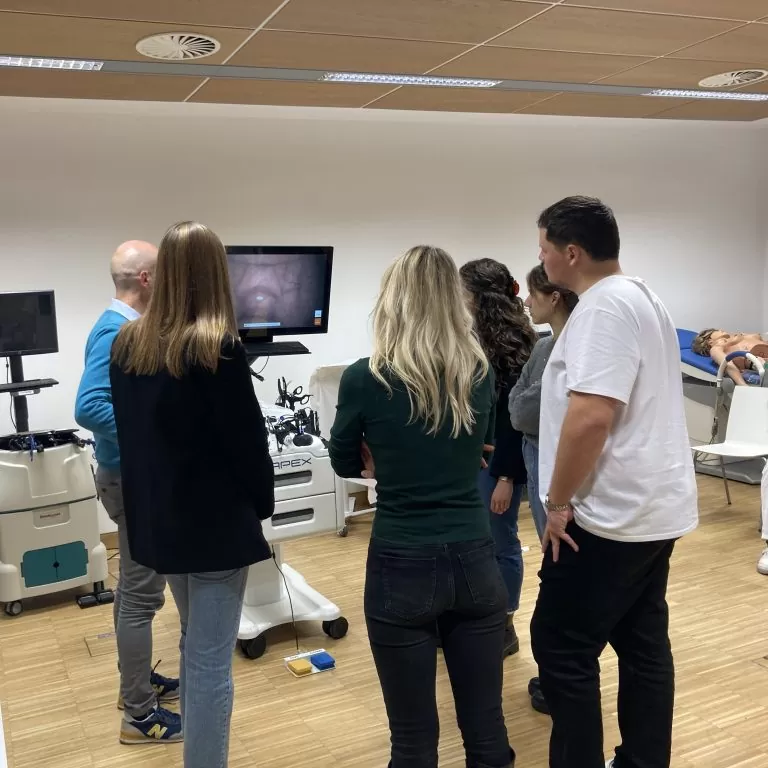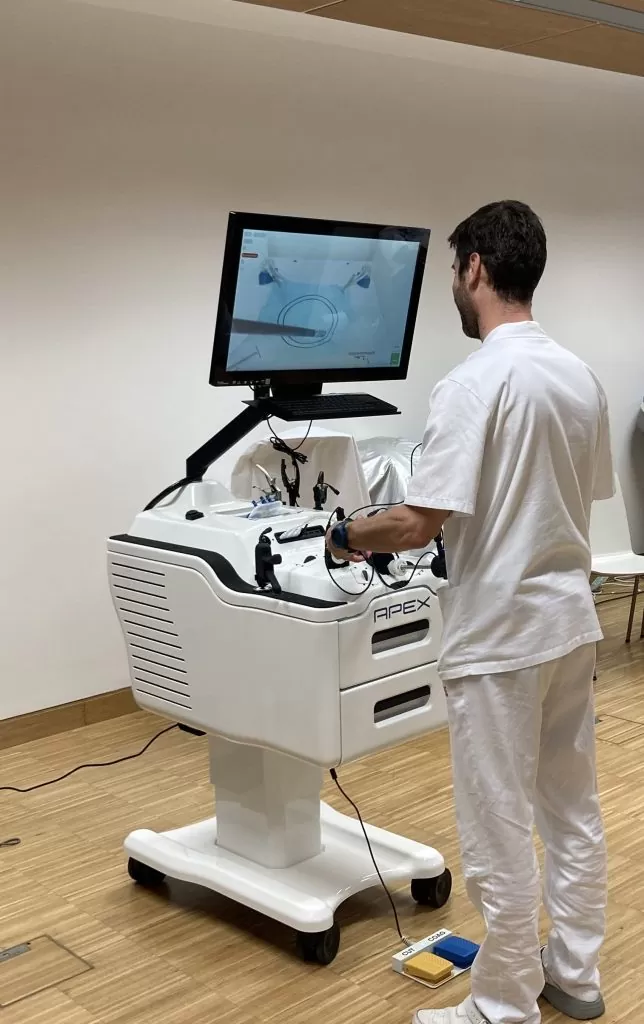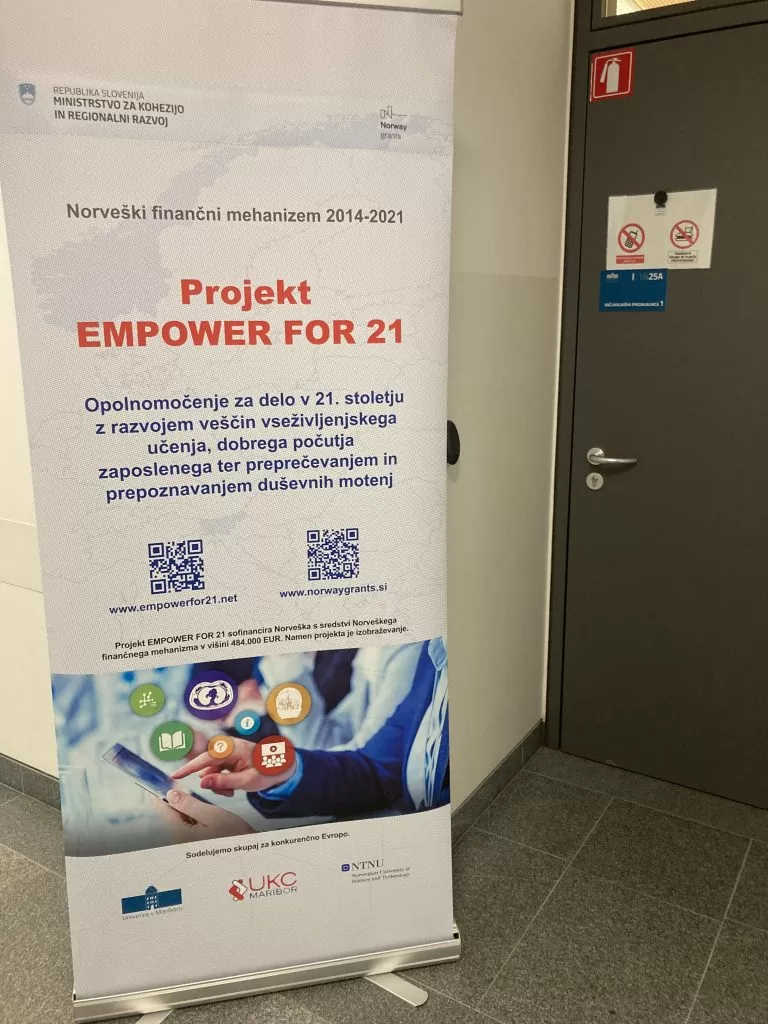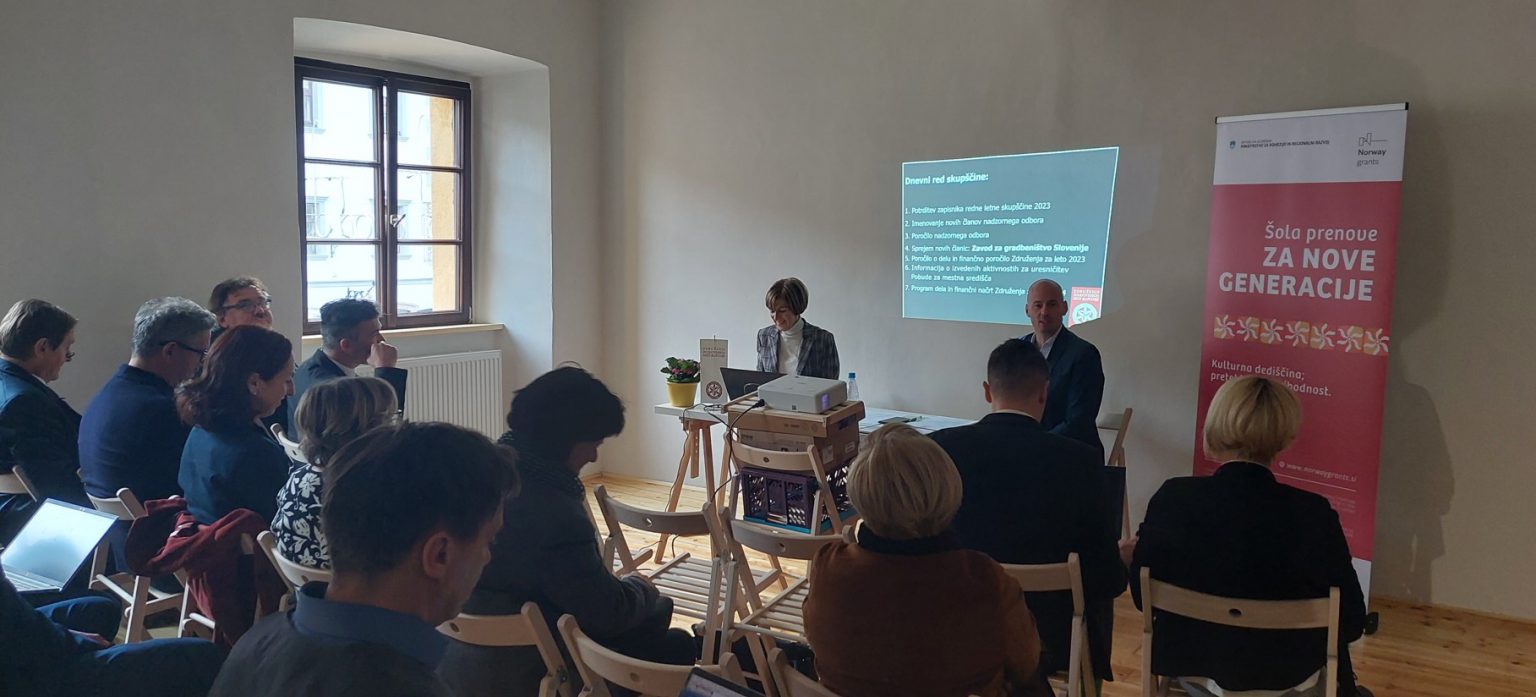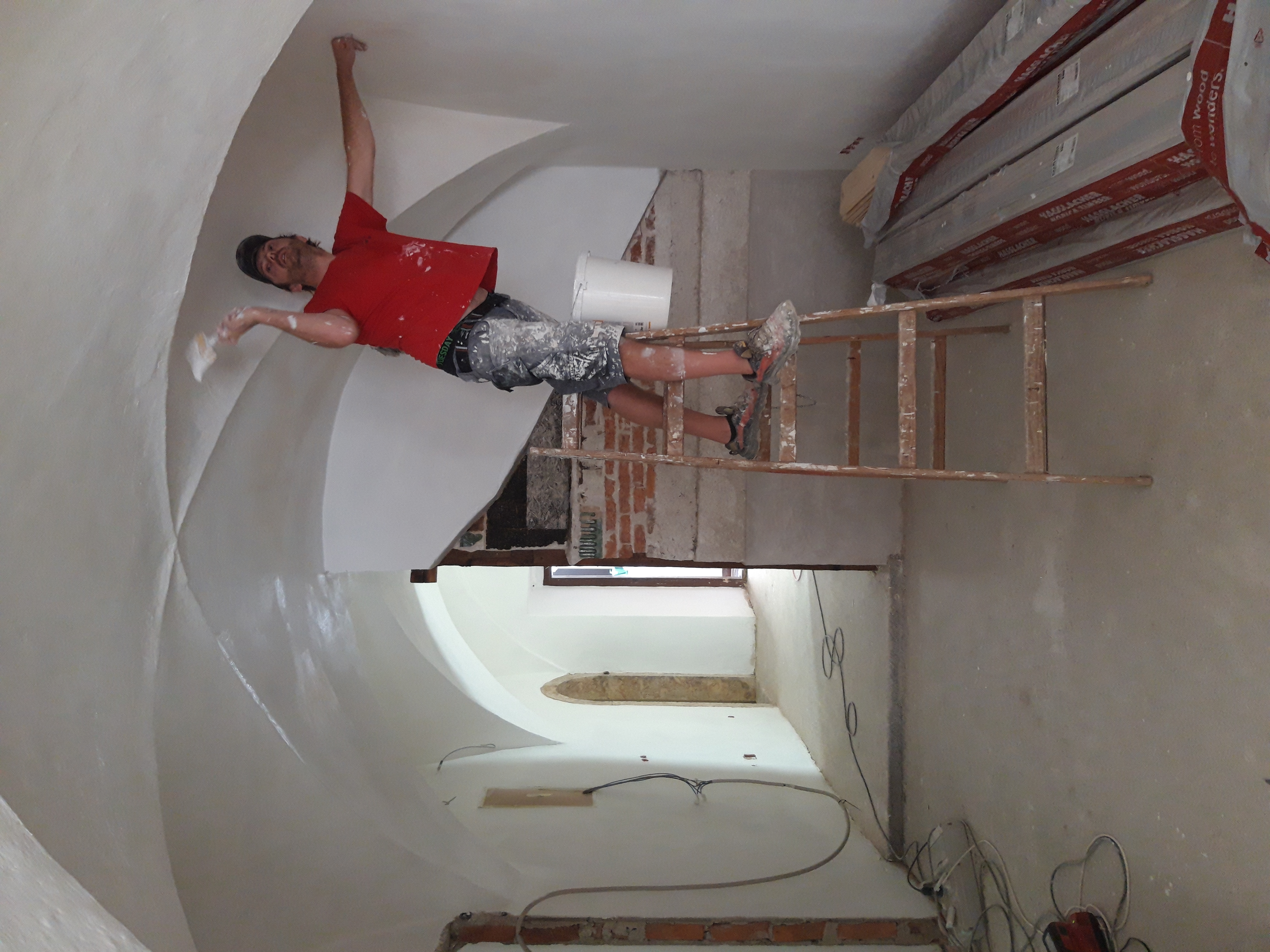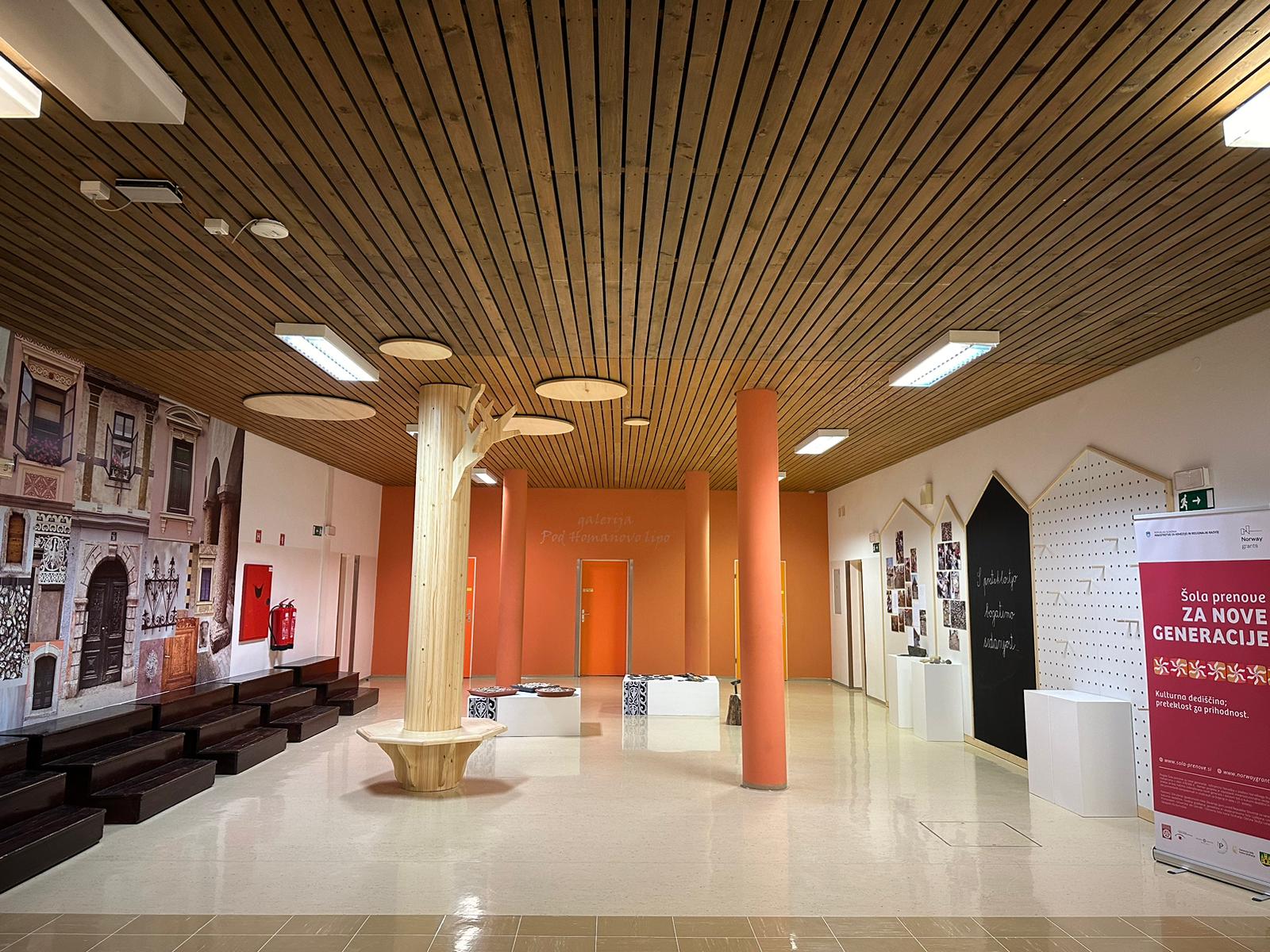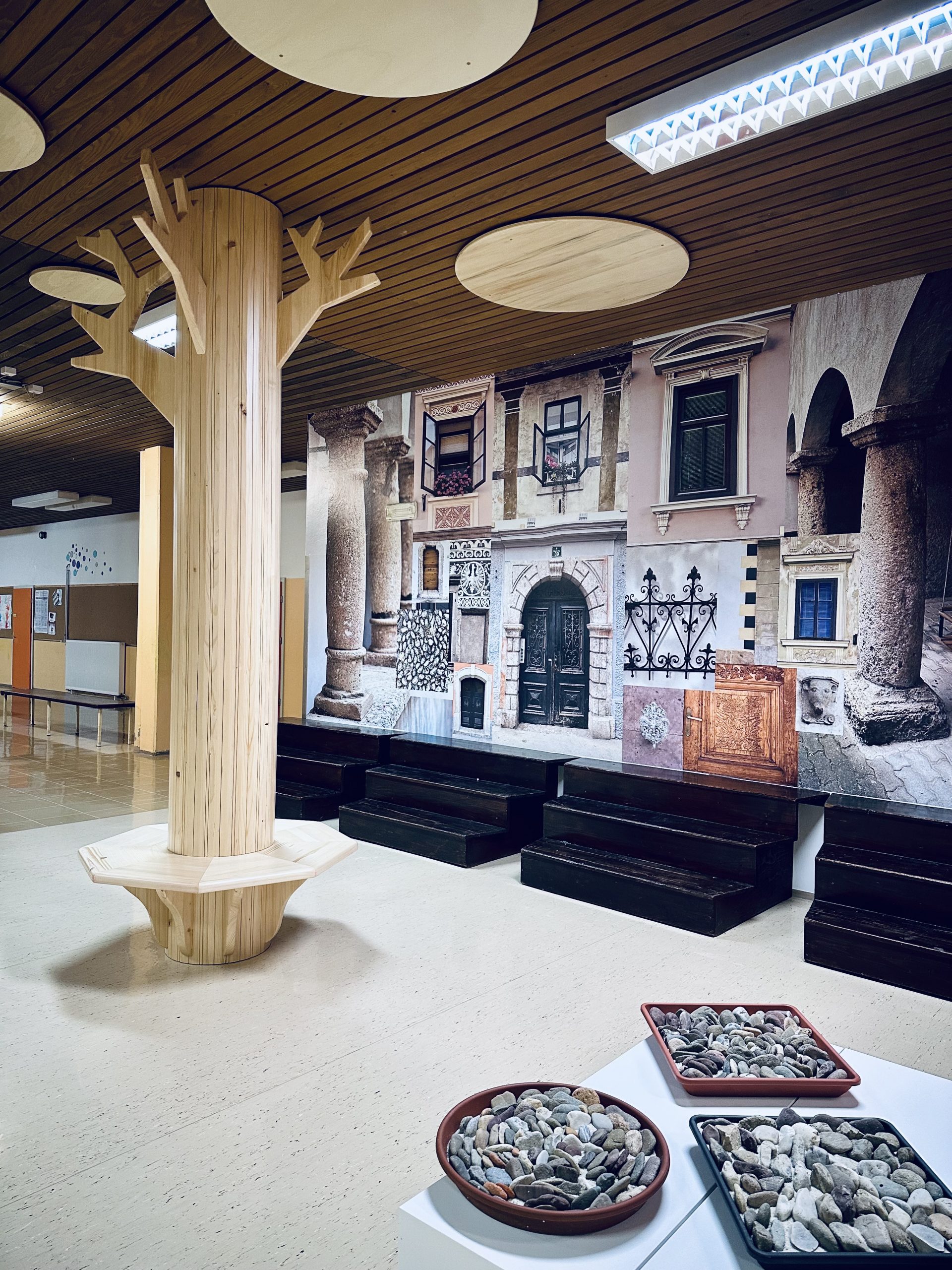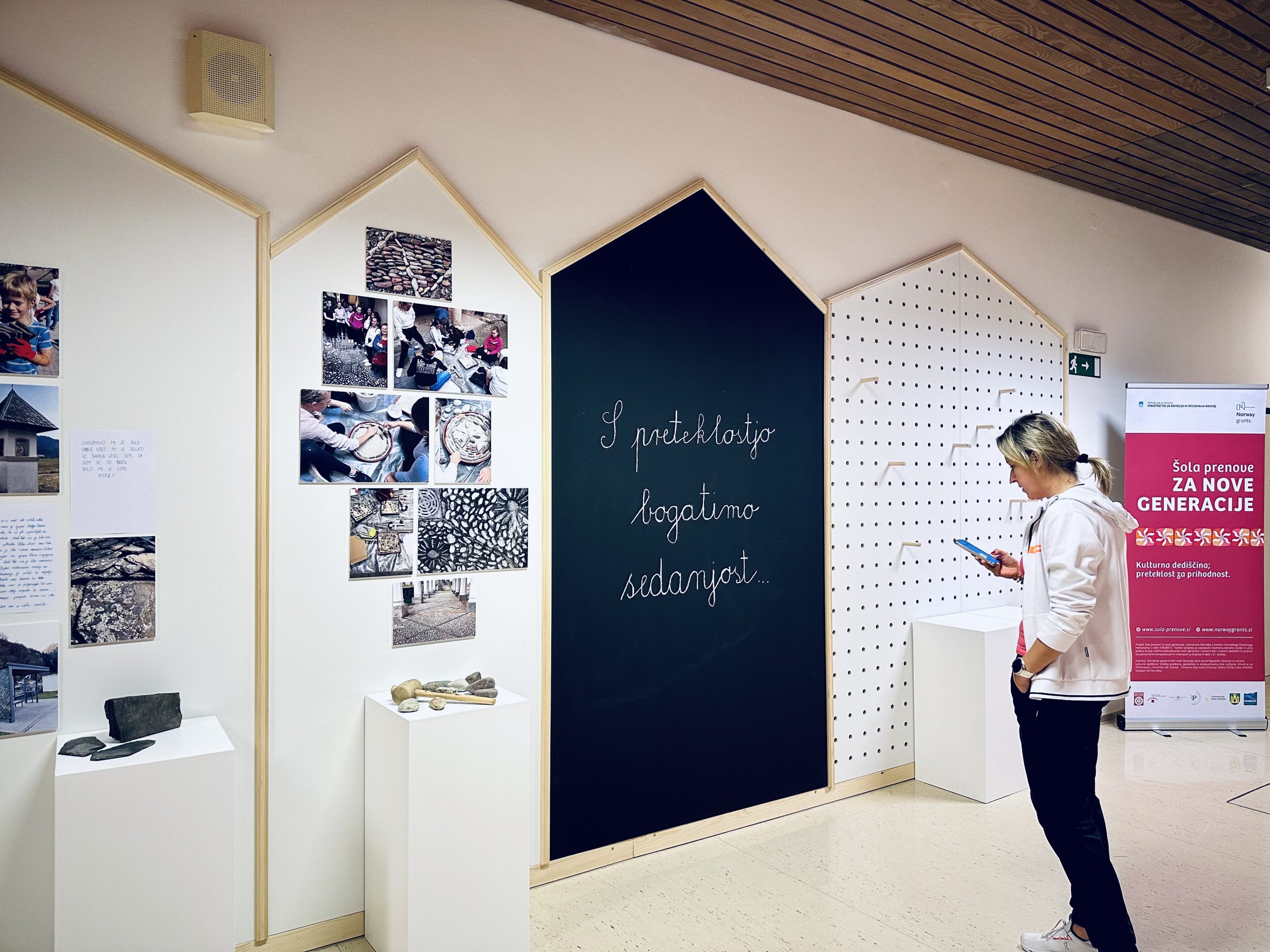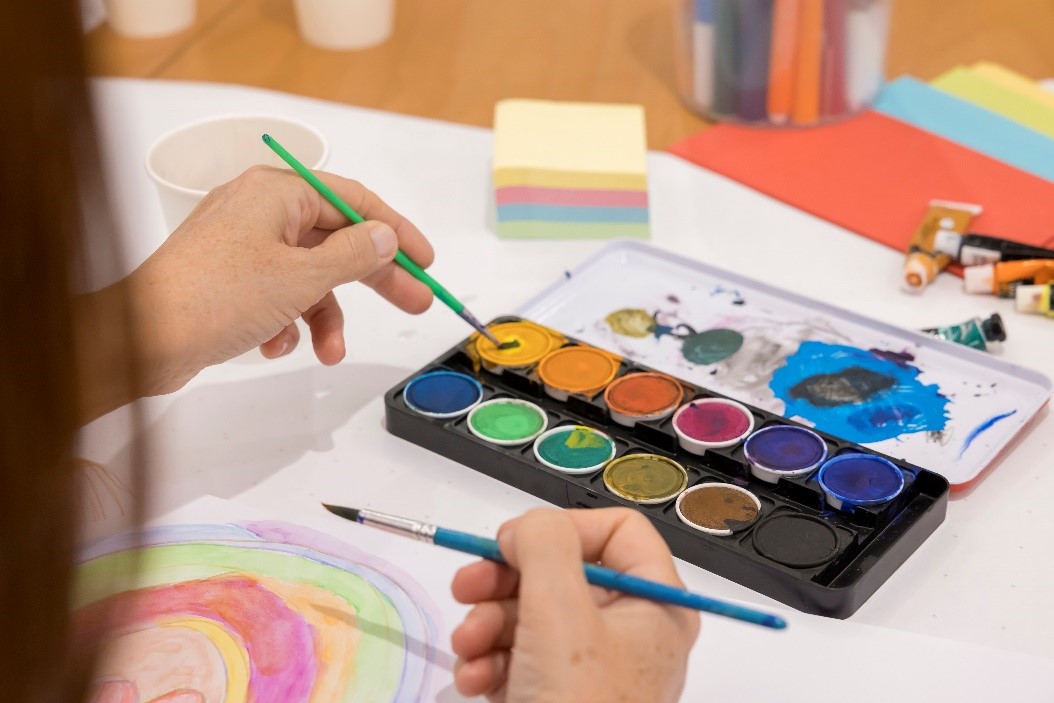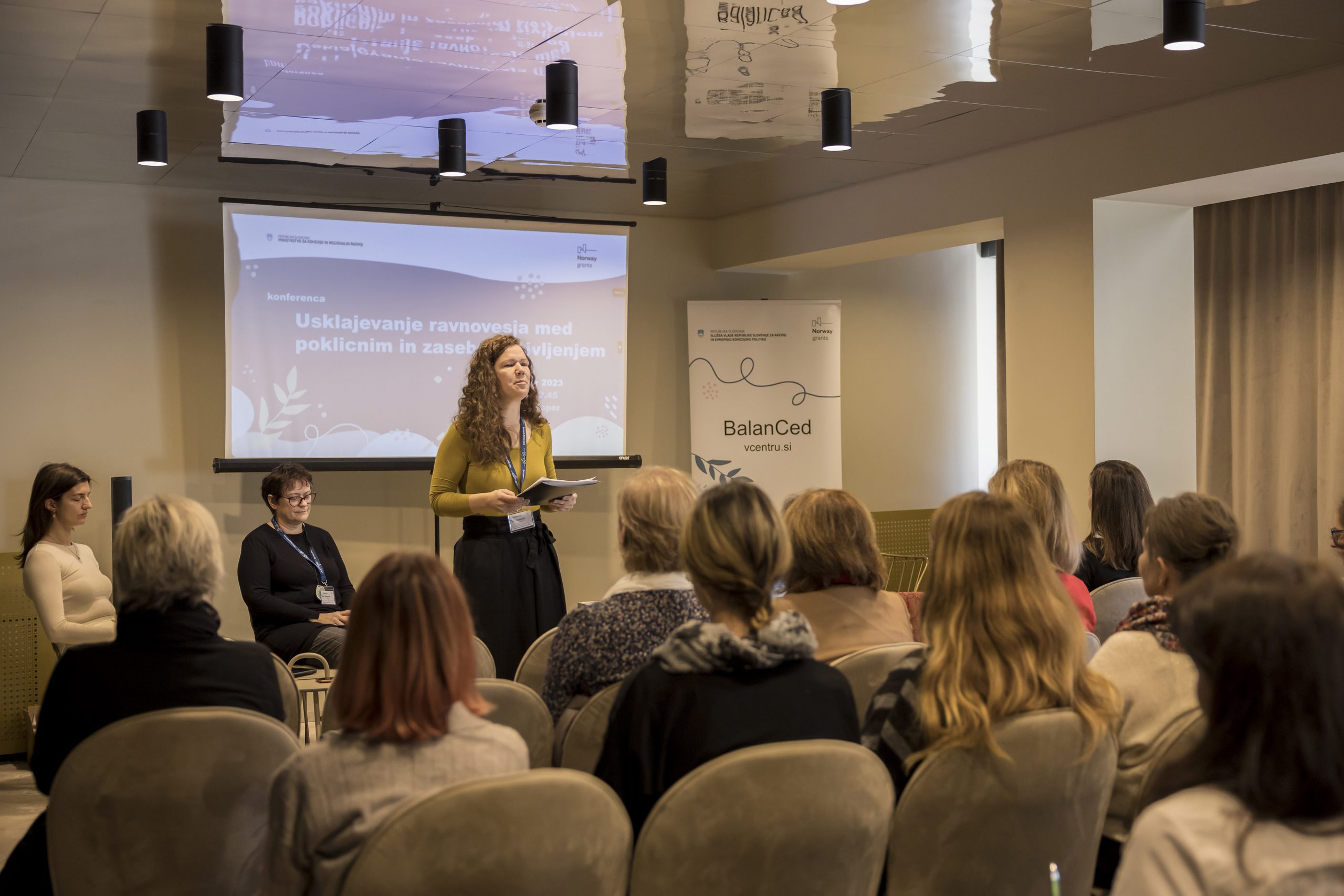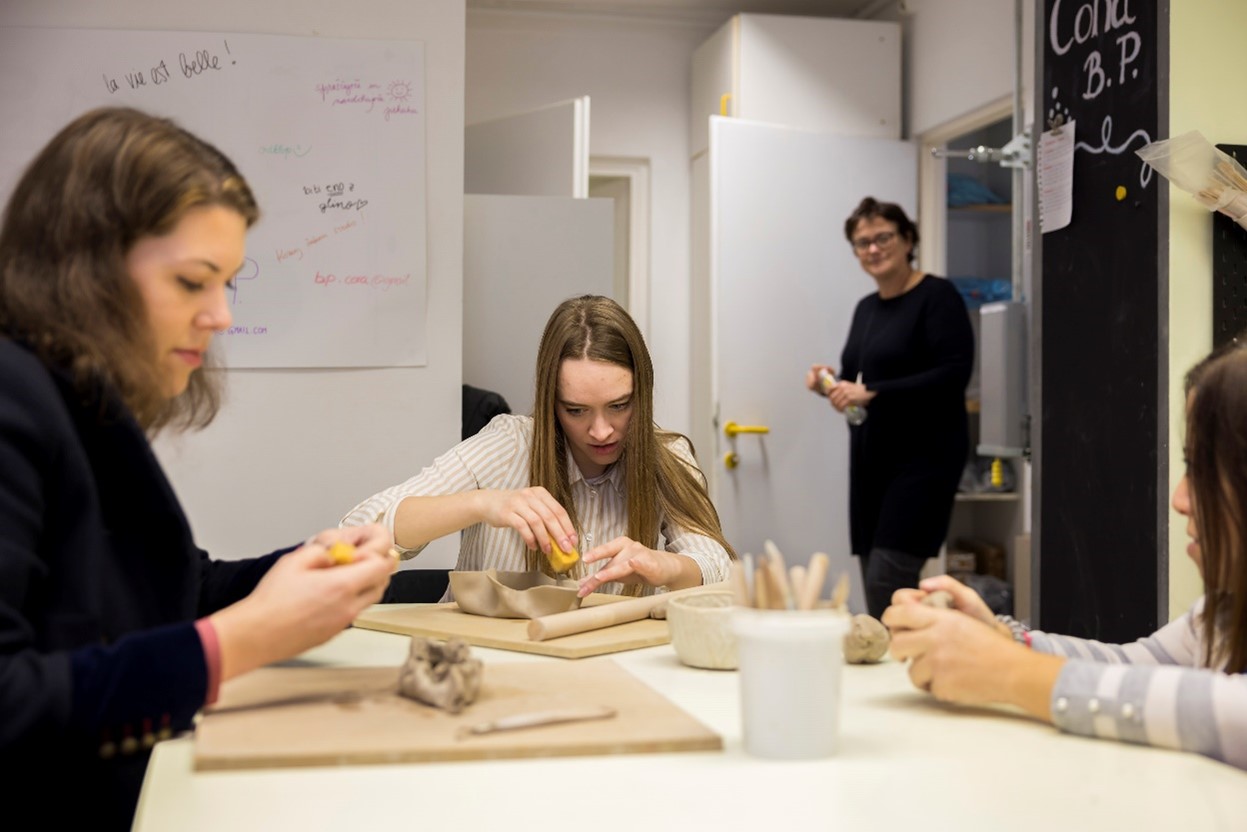4 March 2024 – On Monday, 4th March, the Municipality of Škofja Loka launched a four-week awareness-rising campaign on sustainable mobility titled “Commute Together”, as part of the Trata 2.1 Project. This campaign targets employees in the Industrial Zone Trata to encouraging them to shift towards sustainable commuting practices.
The Trata 2.1 project, co-financed by the EEA Grants under the Climate Change Mitigation and Adaptation Programme, seeks to motivate employees in the Industrial zone Trata to adopt sustainable commuting habits. The objective is to increase the number of employees opting for sustainable modes of transportation during their daily commute.
According to sustainable mobility experts, individuals residing within a 2 km radius of their workplace are encouraged to walk. For distances up to 5 km, the use of a bicycle is recommended, while for longer distances exceeding 5 km, experts suggest using an electric bicycle or public transport. If commuting from a more distant location where public transport is inconvenient due to transfers or schedules, carpooling offers a sustainable alternative.
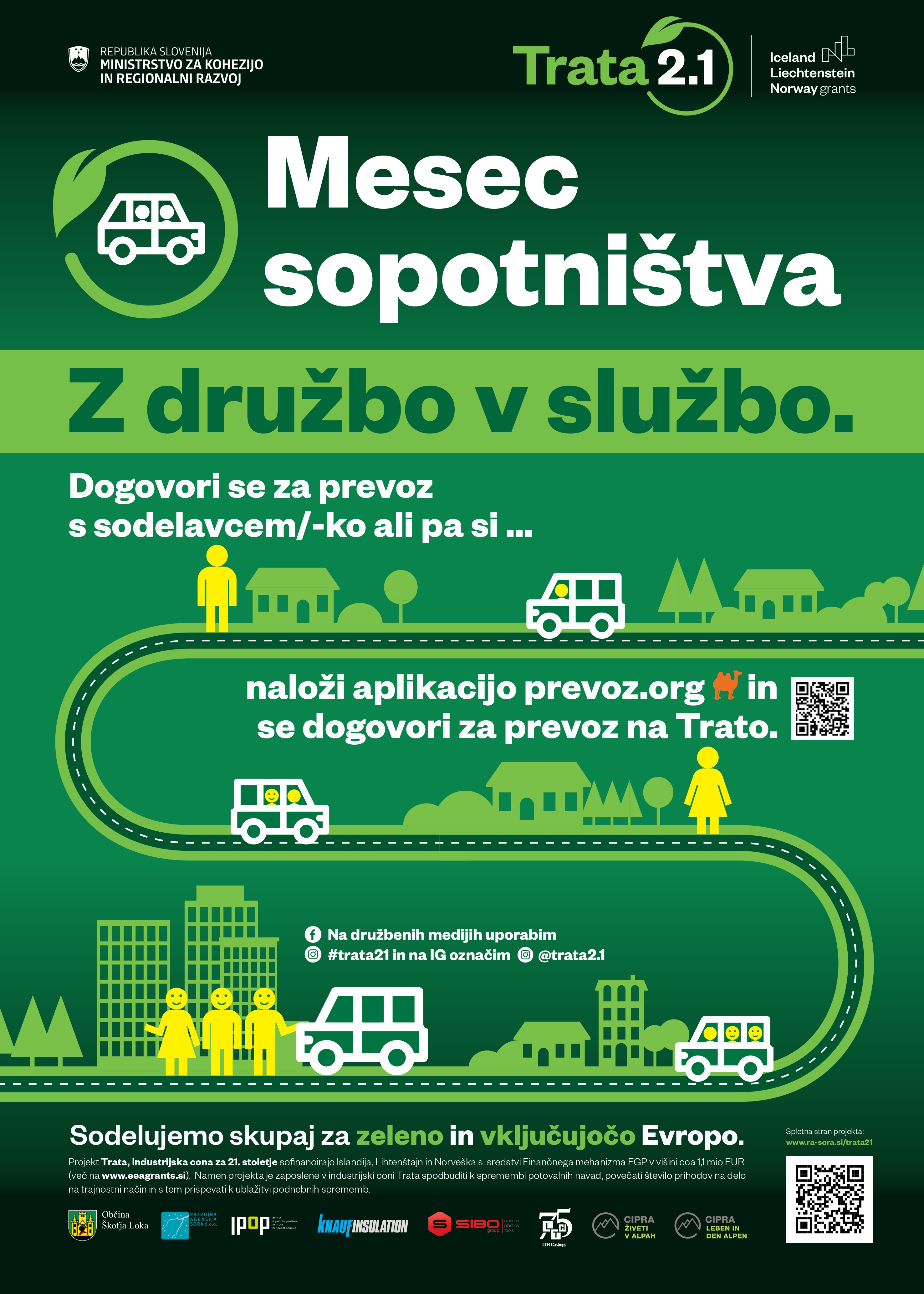
Employees can easily arrange shared transportation with colleagues to get to work or use the Prevozi.org app, where they can mark their starting point and destination. As part of the »Commute Together« campaign, employees who carpool to the Industrial zone Trata will be eligible for entry into a prize draw involving both drivers and passengers.
In addition to the project promoter Municipality of Škofja Loka, other participating entities include the Sora Development Agency, the Institute for Spatial Policies, CIPRA Slovenia, the Society for the Protection of the Alps, Knauf Insulation, SIBO Group, Packaging Development and Production, LTH Castings, and CIPRA International.
Source: Municipality of Škofja Loka

